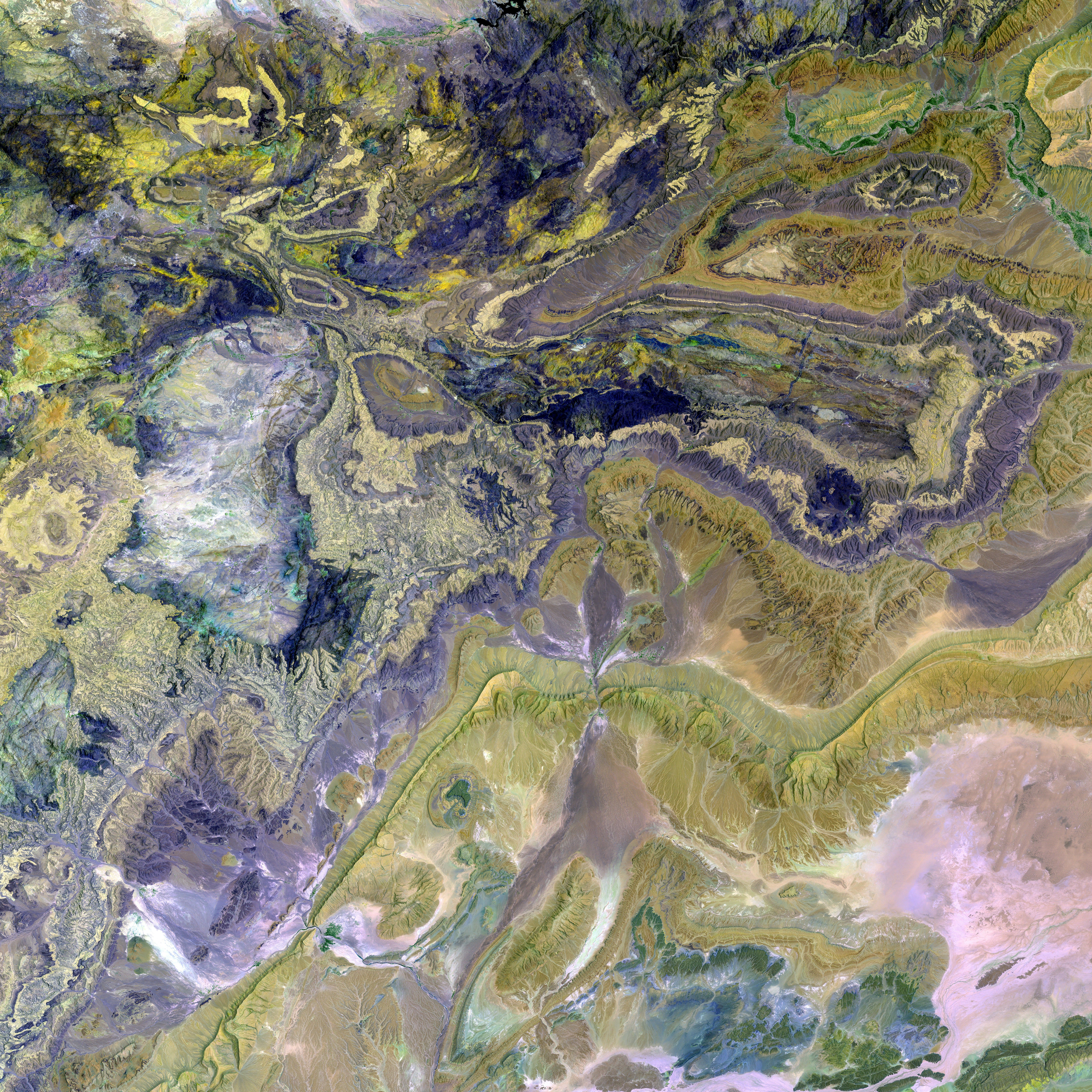Depression-Kidney Stones Association Unveiled: Exploring the Hidden Relationship
Millions worldwide, affected by depression and kidney stones, may find comfort in recent research shedding light on their potential interconnection. The study hints that these seemingly distinct health conditions might be more intertwined than initially thought.
Depression, a mental condition marked by prolonged feelings of despair, incapacity, and disinterest in daily activities, holds far-reaching effects beyond mental health. It also influences physical health, and its impact on the urinary system is one of the most notable consequences.
The physiological impacts of depression involve various body changes that can affect multiple organ systems, including the urinary system. Of these changes, hormonal imbalances play a significant role. For instance, increased cortisol levels commonly found in depressed individuals can alter kidney function by disrupting fluid and electrolyte balance.
Altered kidney function can potentially contribute to the formation of kidney stones. Depression may also lead to changes in appetite and fluid intake, exacerbating the risk of stone formation. To better understand the heart-mind connection, explore "The Complex Relationship Between Depression and High Blood Pressure: Understanding the Heart-Mind Connection."
Lifestyle factors also indirectly contribute to kidney stone development. Those with depression are often prone to poor dietary habits, neglecting essential nutrients for maintaining overall health, including kidney health. Additionally, reduced physical activity, excessive substance use, particularly alcohol and tobacco, can further increase the risk of kidney stones. Lack of exercise can also lead to weight gain and metabolic changes associated with stone formation.
While the connection between depression and kidney stones is complex, chronic stress, a frequent feature of depression, may directly impact kidney function and potentially contribute to stone formation. Elevated cortisol levels, frequent under stress, can disrupt various physiological processes, including those in the kidneys.
Dehydration, another common factor linking depression and kidney stones, may occur due to decreased fluid intake in those experiencing depression. When the body is dehydrated, urine becomes more concentrated, thereby increasing the likelihood of mineral deposits forming into stones. Dehydration may also exacerbate feelings of fatigue and low mood, creating a vicious cycle impacting both mental and physical health.
Certain antidepressants may have side effects affecting kidney health and stone formation risk. These side effects, while generally manageable, underscore the importance of careful monitoring during depression treatment and collaboration between healthcare professionals for comprehensive care tailored to individuals' needs.
Avoiding kidney stones requires a holistic approach to health management that addresses both mental health and physical well-being. Adopting a balanced diet, regular exercise, and adequate hydration can prevent stone formation, improve mental health, and overall quality of life.
Bear in mind that every individual's health journey is unique, and what works for one may not work for another. Thus, it's essential to consult professionals for personalized advice and treatments. Mental health specialists, primary care physicians, and urologists can work together to provide comprehensive integrated care that addresses both mental health and physical well-being.
In conclusion, the potential link between depression and kidney stones underscores the interconnectedness of mental and physical health. Though more research is needed, the physiological impacts of depression, associated lifestyle factors, stress, and certain medications may increase the risk of kidney stones. Addressing this connection requires a comprehensive approach to healthcare, focusing on mental and physical health equally. For further insights into the intricate relationships between mental health and various physical conditions, refer to articles such as "The Complex Relationship Between Liver Disease and Depression: Understanding the Connection and Finding Hope," "The Surprising Link Between Depression and Tooth Pain: Understanding the Mind-Body Connection," "The Hidden Link: How Depression Can Cause Physical Pain and Discomfort," and "The Surprising Link Between Wisdom Teeth and Depression: What You Need to Know."
- The study of the complex relationship between mental health conditions, such as depression, and physical health-and-wellness issues, like kidney stones, falls under the domain of psychology and medical-conditions, given the potential interconnection they might share.
- Elevated stress levels, often associated with mental health conditions such as depression, can have a direct impact on the psychology of the body, specifically kidney function, potentially contributing to kidney stones.
- An integral part of managing the risk of kidney stones involves maintaining mental health by practicing stress-reduction strategies like therapy, while concurrently focusing on physical well-being through a balanced diet, regular exercise, and adequate hydration.
- The discovery of potential connections between mental health conditions, such as depression, and various medical-conditions, like kidney stones, highlights the importance of an integrated, collaborative approach between mental health specialists, primary care physicians, and urologists in providing comprehensive care, focusing on both mental health and physical well-being.






